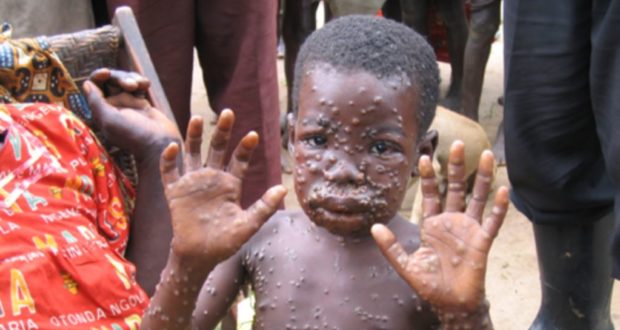Africa CDC Declares Monkey Pox Public Health Emergency
The Africa Centre for Diseases Control and Prevention (CDC) has declared mpox (monkeypox) a public health emergency of continental security following the alarming viral infection spread rate.
Making the declaration in an online media briefing on Tuesday, the Head of the Africa Centres for Disease Control and Prevention (Africa CDC), Jean Kaseya, said the move was a necessary measure in the face of the alarming rate of spread of the viral infection on the continent.
“I declare with a heavy heart but with an unyielding commitment to our people, to our African citizens, that we declare mpox a public health emergency of continental security.
“Mpox has now crossed borders, affecting thousands across our continent, families have been torn apart and the pain and suffering have touched every corner of our continent.
“This declaration is not merely a formality, it is a clarion call to action. It is a recognition that we can no longer afford to be reactive. We must be proactive and aggressive in our efforts to contain and eliminate this threat,” Kaseya stated.
The mpox outbreak has swept through several African countries, particularly the Democratic Republic of Congo, DRC.
According to the Africa CDC data as of August 4, 2024, there had been 38,465 cases of mpox and 1,456 deaths in Africa since January 2022. In July 2022, the World Health Organization, WHO, declared mpox outbreak a Public Health Emergency of International Concern, PHEIC.
According to WHO data, a total of 111 countries and regions reported over 87,000 cases, including 140 fatalities. As the number of confirmed cases gradually decreased, the WHO announced on May 11 that mpox was no longer a PHEIC.
Formerly known as monkeypox, mpox is an infectious disease caused by a virus. Flu-like symptoms, including fever, chills, and muscle aches, are typically followed by a rash that starts as raised spots and turns into blisters filled with fluid. These eventually form scabs.





